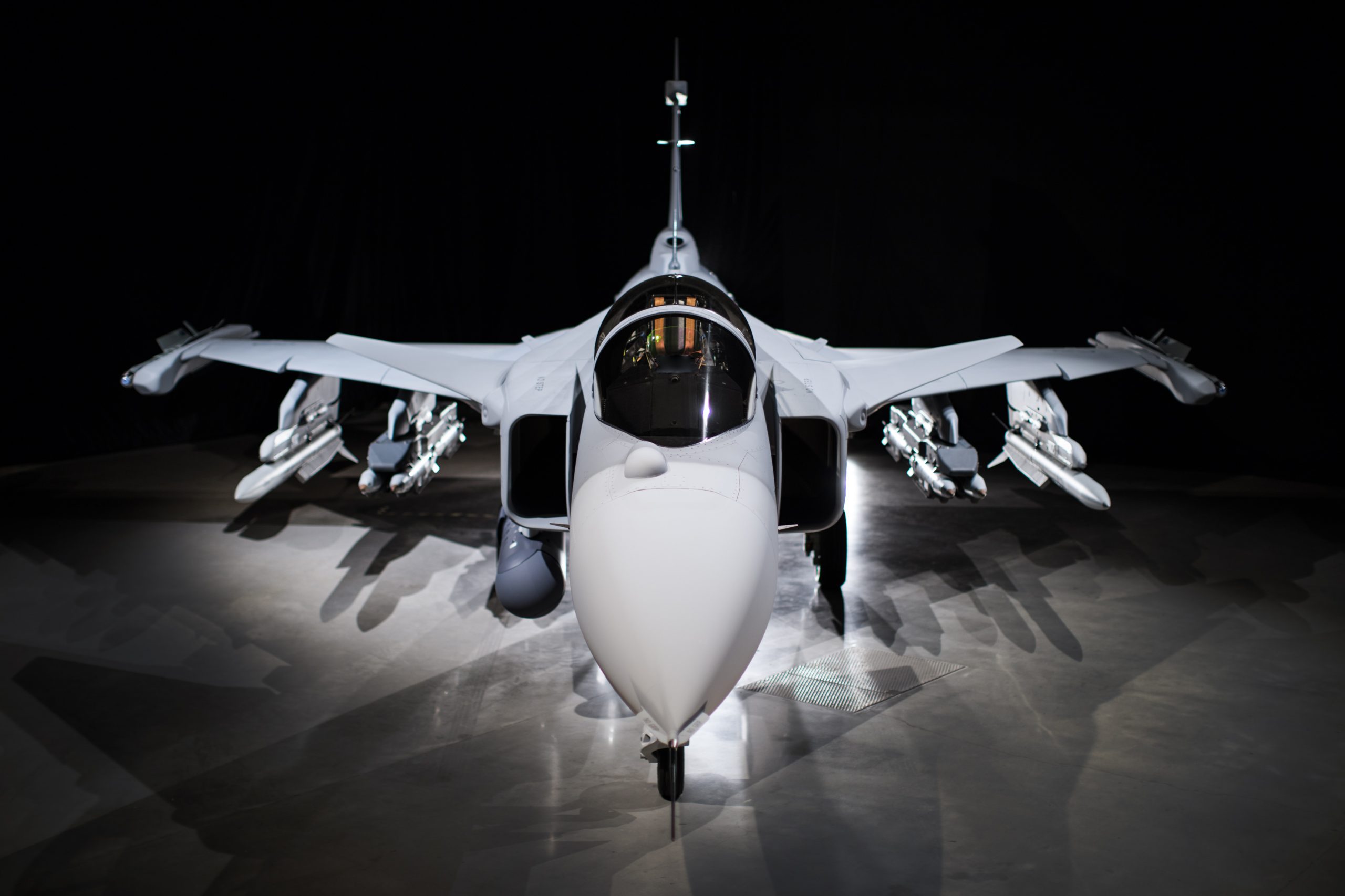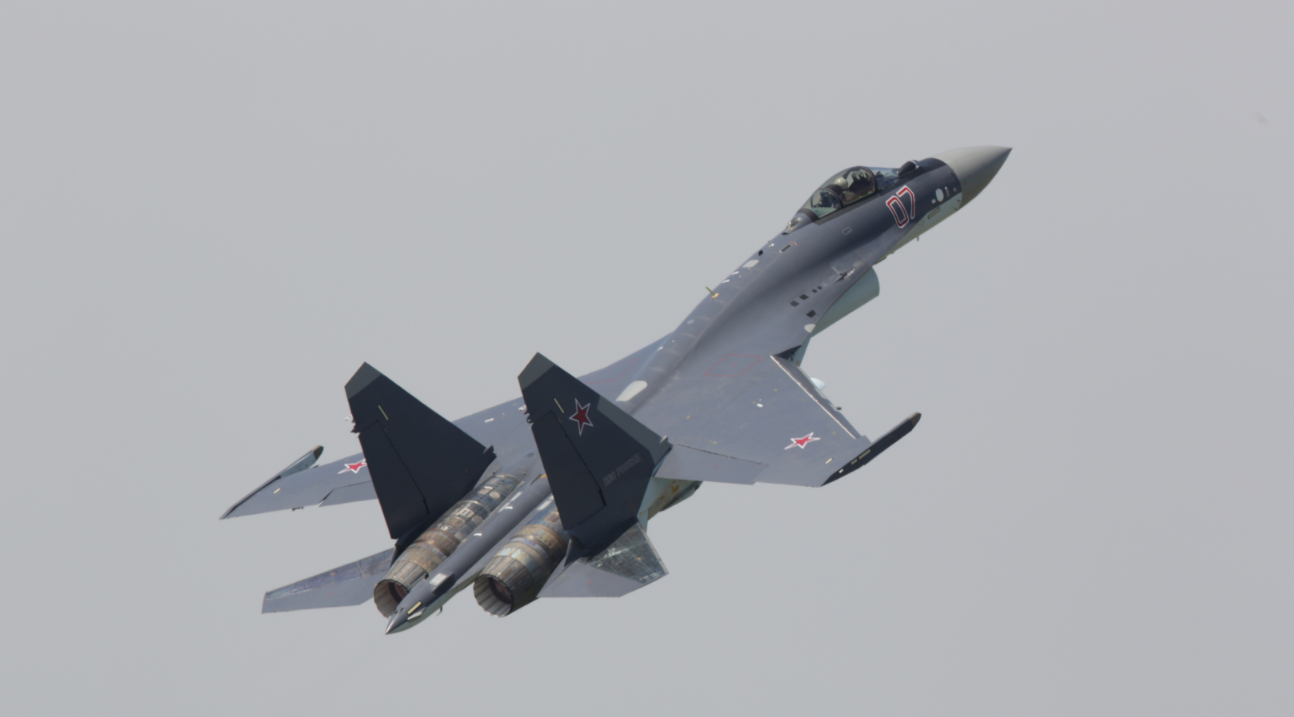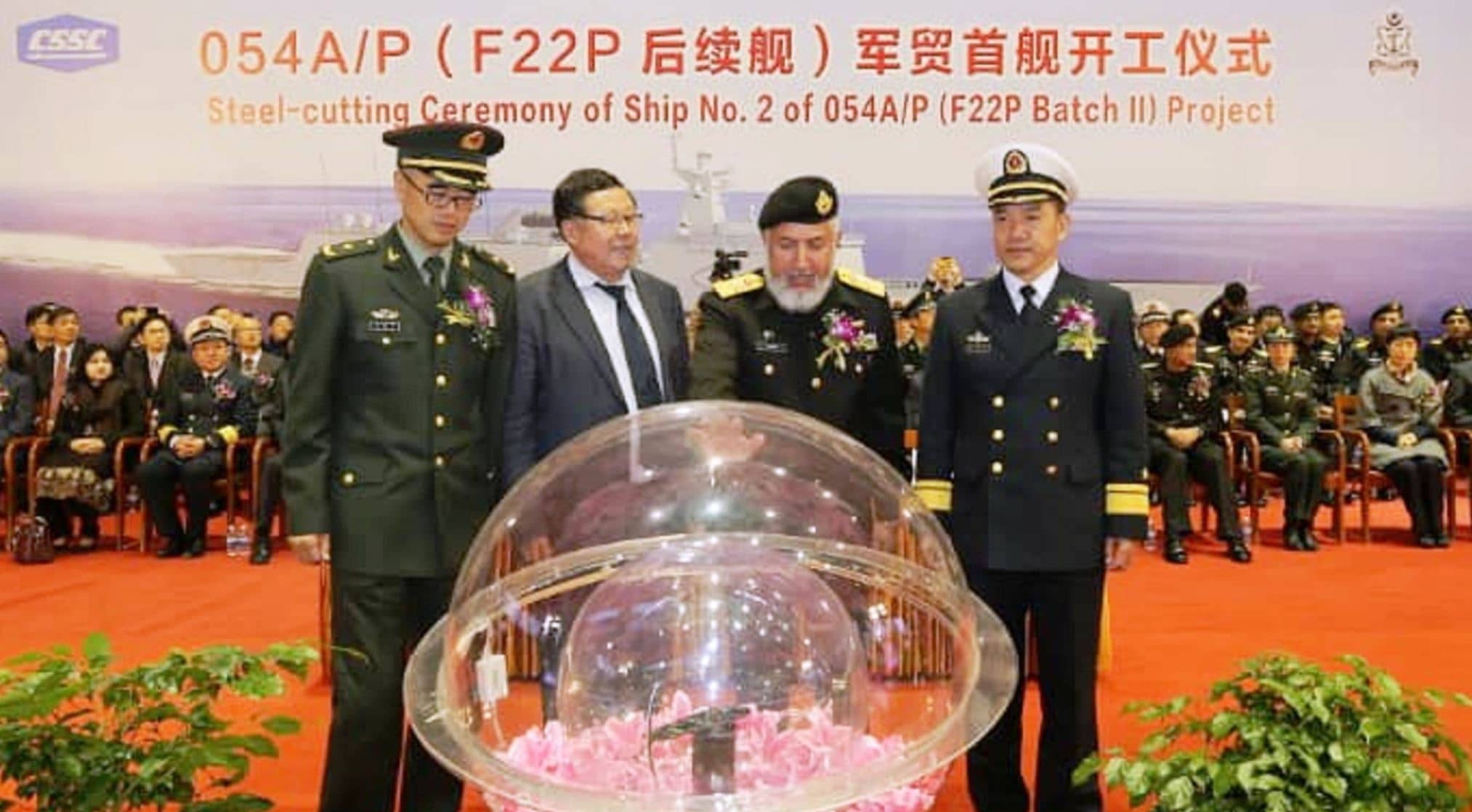2798Views 5Comments

Aviation vendors take aim at Indonesia’s F-5E replacement program
Saab, Lockheed Martin, Dassault, United Aircraft Corporation (UAC) and Airbus Defence and Space (DS) are taking aim at Indonesia’s call for a new multi-role fighter, which is envisaged to replace the Indonesian Air Force (TNI-AU)’s aging F-5E Tiger IIs.
Under the program, the TNI-AU’s six F-5Es will be replaced by 16 new-built multi-role fighters under a $1.5 billion U.S. contract. Jakarta is also requiring commercial offsets and industry collaboration between the winner and Indonesia’s defence vendors.
Lockheed Martin is offering its APG-83 active electronically-scanned array (AESA) radar equipped F-16V, which it is positioning as a natural extension to Indonesia’s existing F-16 fleet (IHS Jane’s).
Saab made a comparable offer with its Gripen platform, but with an added element of leveraging the company’s broad portfolio, which includes airborne early warning and control (AEW&C) platforms.
Notes & Comments:
If this contract is to include aircraft as well as a logistics and maintenance support package, then the prospective shortlist should center on Saab, Lockheed Martin, and UAC.
If viewed with its support package, the Dassault Rafale does not fit within Jakarta’s budget, which seems to be requesting each fighter at $100 million all-inclusive.
The Saab JAS-39E/F Gripen, Lockheed Martin F-16V, and UAC MiG-35 would sit in this range. Airbus DS may be able to serve as a strong factor through second-hand Eurofighter Typhoons.
Indonesia is also investing in Korea Aerospace Industries (KAI)’s KFX next-generation fighter program. To what extent this could impact the F-5E replacement program is not known, but the TNI-AU does have an opportunity to prepare for the KFX via this program.
For example, KAI selected the General Electric F414 turbofan for the KFX. In this respect, the JAS-39E/F could be a viable choice (as it uses the same turbofan). Commercial offsets from General Electric, especially in the form of a maintenance, repair, and overhaul (MRO) facility, could be expanded to support the Indonesian KFX program in the long-term.
Besides offering the Gripen fighter solution, Saab is an original radar, avionics, and electronics warfare (EW) and electronics countermeasure (ECM) vendor, which may be of interest to Indonesia if it intends to build domestic competency in these areas.
Alternatively, the F-16V is the more mature platform. Lockheed Martin could readily argue that the net maintenance and operational costs of the F-16V are the most competitive, and the notion of drawing upon Indonesia’s existing F-16 fleet (which got a boost through the purchase of 24 surplus units) to build a high degree of commonality is an attractive prospect. From a purely budgetary basis, the F-16V should have little trouble fitting into Jakarta’s terms.



5 Comments
by Qasim57
The JF-17 with KLJ-7A AESA (and 5th-gen HOBS air-to-air missiles a la PL-15) should also be an attractive option…
by AMAN
As Indonesia claims they are neutral between West and Russia so
I personally think they would choose 8 Su-35 & 8 F-16 or any western option
But Su-35 for sure!!!!!!
by Bilal Khan - Quwa
I reckon we’ll see an improved SD-10 in the short-to-medium term first. The PAF is broadly satisfied with the SD-10 and may prefer continuing with that platform, albeit through an improved sub-variant (with newer seeker technology).
by Nate
you do understand that at least half the costs of an aeroplane are its maintenance and ground support? As such, by selecting 2 different types of planes, you are doubling the support infrastructure and probably nearly doubling the costs of the planes.
With a nascent F-16 fleet, the cheapest option would be to buy F-16’s and simply expand the current support infrastructure already in place for them.
by AMAN
Nate I understand But They will do what i have said above because They like Russian weapons but fear USA too.
So either they show boldness and buy Su-35 or
they fear and cancel Su-35 and buy F-16 or any western one.